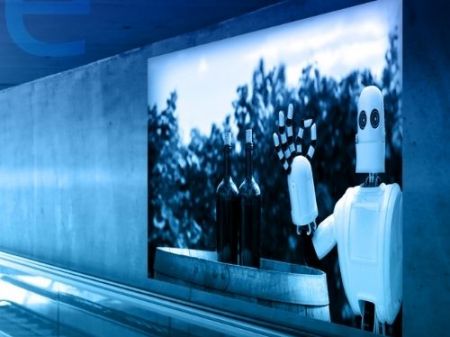Sommeliers Choice Awards 2023 Winners
Monster Beverage Corporation Responds To Paper On Energy Drinks And Heart Function
"Caffeine and Taurine Containing Energy Drink Improves Systolic Left-ventricular Contractility in Healthy Volunteers Assessed by Strain Analysis Using Cardiac Magnetic Resonance Tagging"

CORONA, Calif., Dec. 2, 2013 /PRNewswire/ --Monster Beverage Corporation (Nasdaq: MNST) today released the following statement in response to a paper presented at the Radiological Society of North America's annual meeting entitled "Caffeine and Taurine Containing Energy Drink Improves Systolic Left-ventricular Contractility in Healthy Volunteers Assessed by Strain Analysis Using Cardiac Magnetic Resonance Tagging":
The December 2nd presentation to the Radiological Society of North America by Jonas Dorner, a radiologist in training at the University of Bonn, is alarmist and misleading, according to Monster Beverage independent medical consultants Robert Arnot, M.D. and Michael H. Forman, M.D. The paper offers no new information and confirms what scientists have known for decades: Taurine helps the heart function more efficiently by improving the pumping force of the heart without any changes in blood pressure or heart rate. This effect of taurine, called contractility, is widely considered to be beneficial. In fact, peer reviewed studies demonstrate that taurine has been used effectively to treat patients with congestive heart failure and to improve athletic performance.
The author's study does not document a negative effect on heart function. Although he concludes that the consumption of energy drinks should be restricted based on his study, this conclusion is unsupported by his data and highly misleading. No evidence exists that increased contractility causes arrhythmia.
Additionally, the statement regarding energy drinks by author Jonas Dorner that, "The amount of caffeine is up to three times higher than in other caffeinated beverages like coffee or cola…" is false and inaccurate. Ounce per ounce, leading energy drinks contain about half the caffeine of coffeehouse coffee, such as Starbucks. In commenting on the author's false statement about caffeine, Forbes also reports today: "…this study does not document any harmful or lasting effects from consuming energy drinks."
See full Forbes report: http://www.forbes.com/sites/jacobsullum/2013/12/02/researcher-falsely-states-that-energy-drinks-contain-more-caffeine-than-coffee/
Read More at Source PR Newswire







